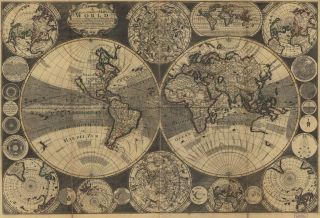
This generation of adults has lived through a revolution in private life as radical as any in history.
Adulthood no longer begins at 18 or 21. As every parent knows all too well, the transition to full adulthood often extends into the late twenties or early thirties.
Nor does the transition to adulthood inevitably follow an orderly progression. Far fewer young people follow the pattern that an earlier generation considered normal: Completing an education, getting a steady job, marrying, buying a house, and having children. Instead, the tradition has become circuitous and prolonged, often involving setbacks, reversals, and recurring dependence upon parents.
Meanwhile, assumptions that earlier adults took for granted – about an unbroken marriage, a career with a single employer, and lifelong relationships with a group of friends —have crumbled.
One of history’s most important, if neglected, lessons, is that every facet of life has a history, often a bitterly contested history. This is true even of such supposedly bedrock institutions as marriage and the family. Each aspect of life evolves and will continue to evolve in unpredictable ways in the future.
Far from being unchanging entities, families, the life stages, and marriage have undergone far-reaching transformations and redefinitions. History reveals that even the most timeless, universal aspects of the human condition take very different forms in various historical and cultural settings. How a younger generation comes of age, how adults seek to achieve intimacy, how parents raise the next generation, and individuals seek to find fulfilment in work, wrest meaning from less, and cope with stress, anxiety, and chronic pain – all vary across historical era.
As an older script of adulthood has crumbled, it has left in its wake flux, uncertainty, and confusion. In family and work life. Insecurity and unpredictability have increased, but so too have freedom and flexibility.
In the absence of a proscribed script, women and men must negotiate every aspect of adulthood: marriage, household responsibilities, and childrearing. The loss of that older script can be debilitating, but it can also be liberating.
Adults today have many more opportunities than ever to reinvent their lives at any age. But this also raises the paradox of choice: That more options can result in greater confusion and personal turmoil.
The challenge before us is to capitalize on our new-found freedoms, to remain resilient and adaptable, without becoming overwhelmed by the endless choices, options, and decisions before us.


